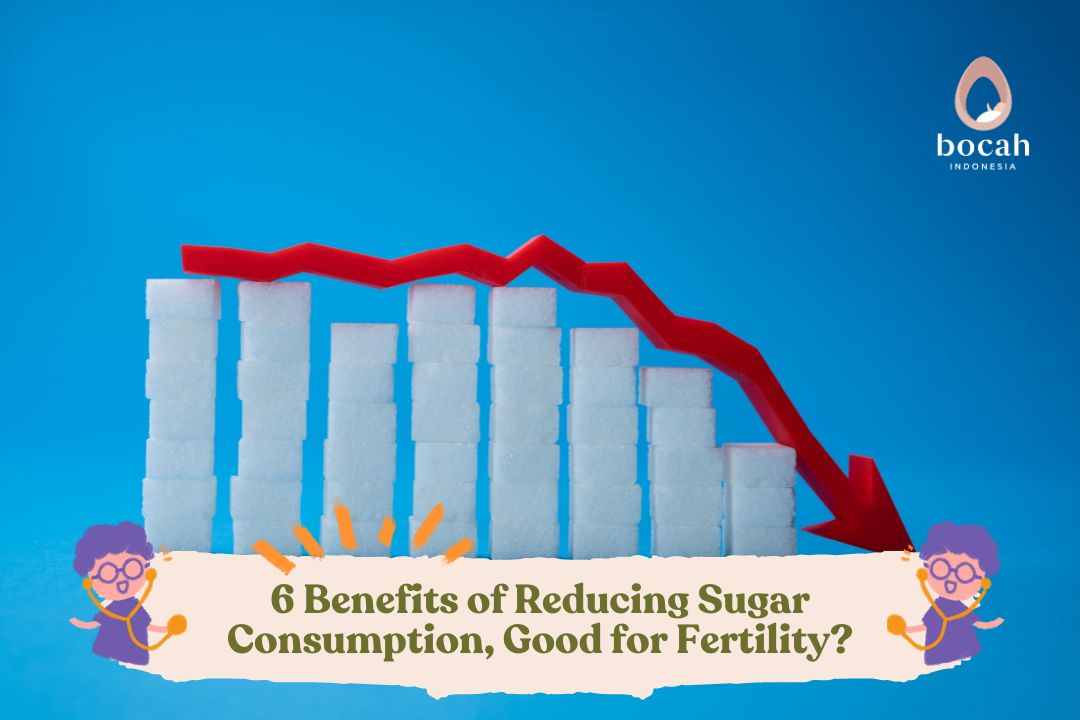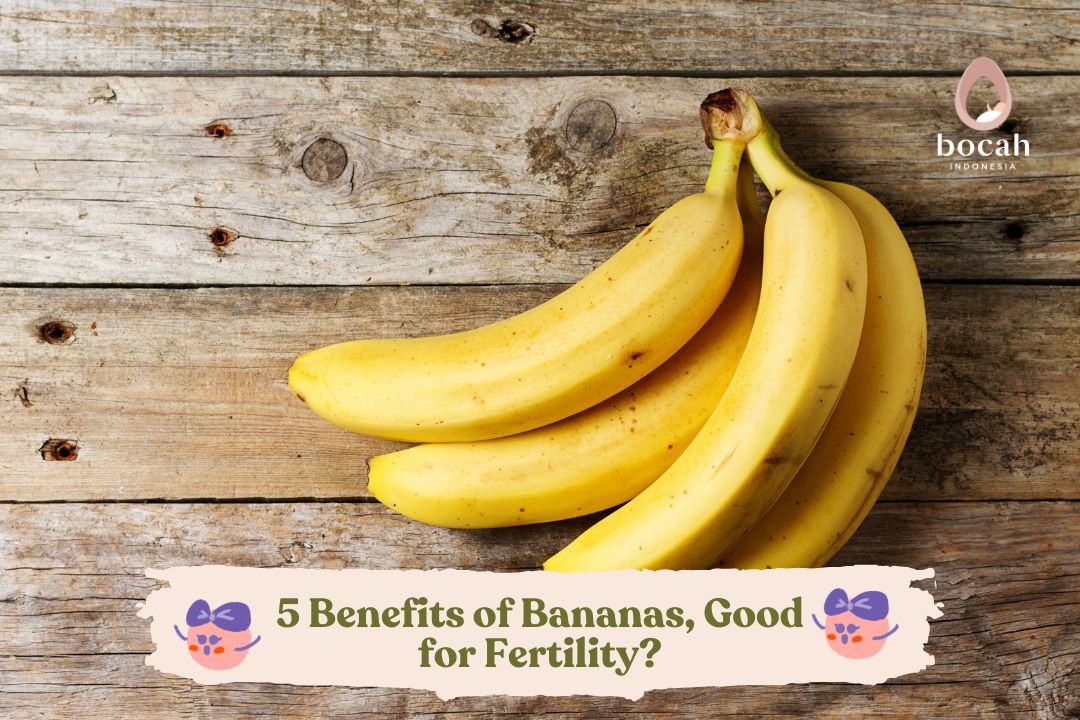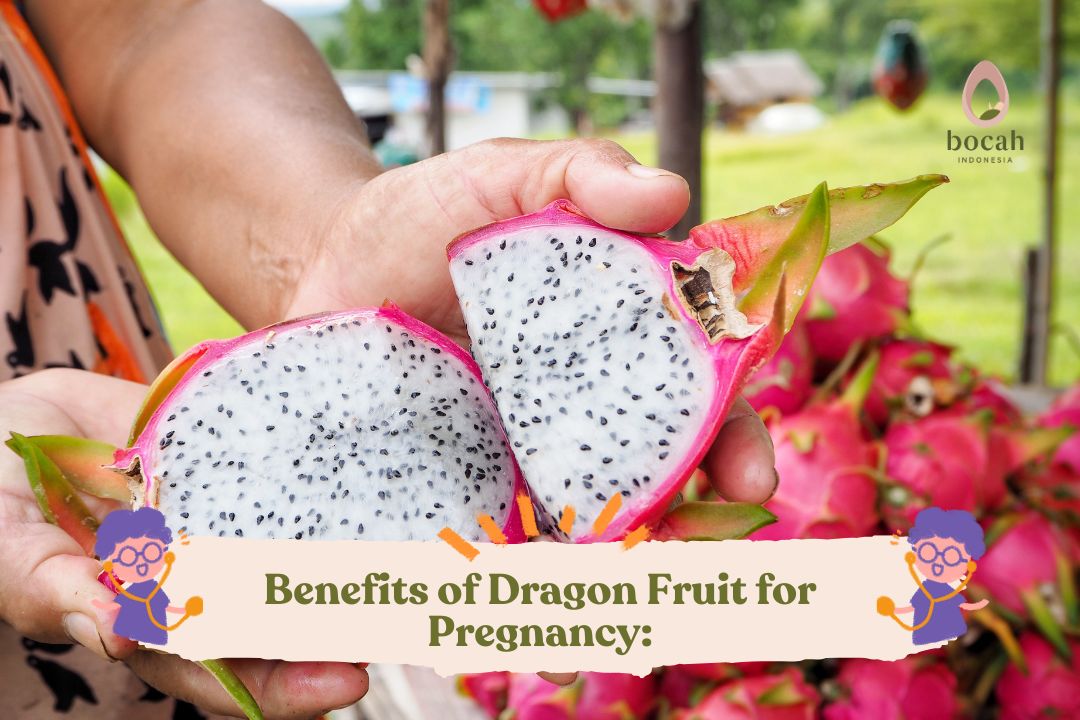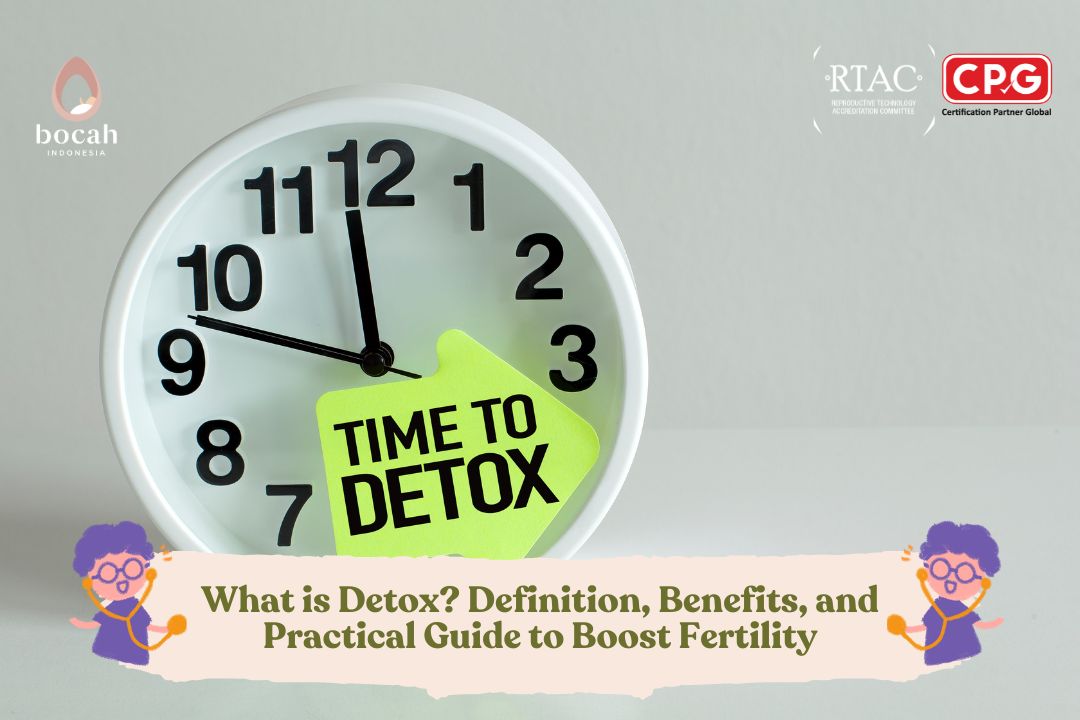6 Benefits of Reducing Sugar Consumption, Good for Fertility?

Consuming excessive sugar can impact health, including fertility. By reducing sugar intake, you can improve overall health. The body does need sugar to provide the energy necessary for organs to function properly. Additionally, consuming sugar can help improve brain function.
However, excessive sugar consumption is not good for health, including fertility. Too much sugar can increase the risk of diabetes and heart disease. Furthermore, sugar does not provide lasting fullness, only a temporary feeling of satiety. This leads to continuous hunger, causing you to consume more sugary foods, which can unintentionally lead to weight gain. Excess weight can, in turn, affect fertility. What are the benefits of stopping excessive sugar consumption?
Benefits of Reducing Excessive Sugar Consumption
Don’t worry, reducing sugar intake can provide significant health benefits.
1. Lowering the Risk of Diabetes
One benefit of reducing sugar intake is lowering the risk of type 2 diabetes. Type 2 diabetes occurs when the body can’t produce enough insulin to process blood sugar (glucose). Common symptoms include frequent urination, fatigue, frequent thirst, and hunger. By reducing excessive sugar intake, you can help reduce the risk of this disease.
2. Avoiding Heart Disease
Another benefit of reducing sugar intake is avoiding the risk of heart disease. The biggest risk factor for heart disease is elevated levels of bad cholesterol (LDL).
Mulai Journey of Hope
3. Improving Liver Function
One of the body’s most important organs is the liver, which plays a role in processing sugar. Consuming excessive sugar can damage the liver and lead to fat accumulation in it. By reducing excess sugar intake, you can help protect the liver from damage and maintain its proper function.
4. Reducing Inflammation in the Body
Excessive sugar consumption can also lead to chronic inflammation in the body. This condition can trigger various diseases, such as diabetes, heart disease, and even cancer.
5. Preventing Acne and Premature Aging
Frequently getting acne on your face? This could be due to excessive sugar intake. Reducing sugar intake can help decrease acne breakouts. Sugar, in any form, can affect two causes of acne: hormones and inflammation.
Reducing sugar intake also helps make the skin brighter and more youthful. Excess sugar intake can raise blood sugar levels, leading to the formation of molecules called glycation. This condition causes the skin to look dull, wrinkle, and age prematurely.
6. Improving Fertility
It’s important to know that excessive sugar consumption can increase insulin resistance. This condition causes fat, which should be broken down into energy, to accumulate in the body. As more fat accumulates, it can trigger the hormone estrogen, leading to hormonal imbalances.
Be careful, as this condition can cause issues like ovulation disorders or even endometriosis. These reproductive problems can delay your planned pregnancy.
Should You Stop Consuming Sugar?
In essence, the body still needs sugar to be converted into energy. The World Health Organization (WHO) even states that the recommended daily sugar intake for adults should not exceed 50 grams or about 12 teaspoons.
This amount does not include natural sugars found in fruits, vegetables, and milk. Consuming sugar excessively can lead to various health issues.
Don’t worry, you don’t need to stop consuming sugar altogether, but it’s important to limit your intake.
Here are some tips for reducing sugar intake:
- Read Food Labels: It’s important to monitor the amount of sugar in the foods you consume, especially if you already know your daily sugar intake limit.
- Combine Sugar with Protein, Fiber, and Healthy Fats: Combining sugar with protein, fiber, and healthy fats can slow down sugar release, keeping you fuller for longer.
- Consume Foods or Drinks Without Artificial Sweeteners: Consider reducing your intake of foods without artificial sweeteners or starting a sugar-free lifestyle, such as consuming soy milk and oatmeal.
- Make Reducing Sugar Intake a Habit: Gradually reducing sugar can become a habit. Reduce sugar intake slowly rather than abruptly.
That’s it—some benefits of reducing sugar consumption that you should know. If you’re planning a pregnancy program, let’s start reducing sugar intake.
Source:
- WHO sugar recommendations. WHO sugar recommendations: max. 5 to 10 teaspoons of free sugar per day.
- Wang, M., et al. Association between sugar-sweetened beverages and type 2 diabetes: A meta-analysis. Journal of Diabetes Investigation, Volume 6, Issue 3 p. 360-366.
- Kelly, RK., et al. (2023). Associations between types and sources of dietary carbohydrates and cardiovascular disease risk: a prospective cohort study of UK Biobank participants. BMC Medicine volume 21, Article number: 34 (2023).
- Vreman RA, Goodell AJ, Rodriguez LA, Porco TC, Lustig RH, Kahn JG. Health and economic benefits of reducing sugar intake in the USA, including effects via non-alcoholic fatty liver disease: a microsimulation model. BMJ Open. 2017;7(8):e013543.
- 12 Foods to Help You Get Pregnant Faster - 03/03/2026
- 3 Juice Recipes for a Pregnancy Program - 26/02/2026
- 4 Risk Factors for Infertility That Can Affect Both Men and Women - 25/02/2026













